Nutrition
Vegetables You Should Eat And You Should Avoid
Published
2 months agoon
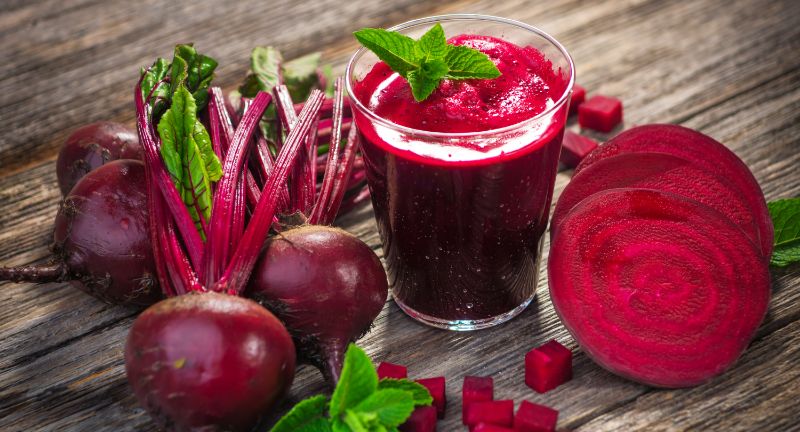
Shutterstock
Vegetables are a fundamental part of a healthy diet, offering a rich source of vitamins, minerals, fiber, and antioxidants that support overall health and well-being. It’s important to recognize though that not all vegetables are created equal, with some offering more nutritional benefits than others. Being informed about these distinctions can help individuals make smarter dietary choices, tailoring their vegetable intake to suit their specific health needs, dietary restrictions, and wellness goals.
Here are 13 Vegetables you should be eating and 13 to skip.
Skip Eggplant
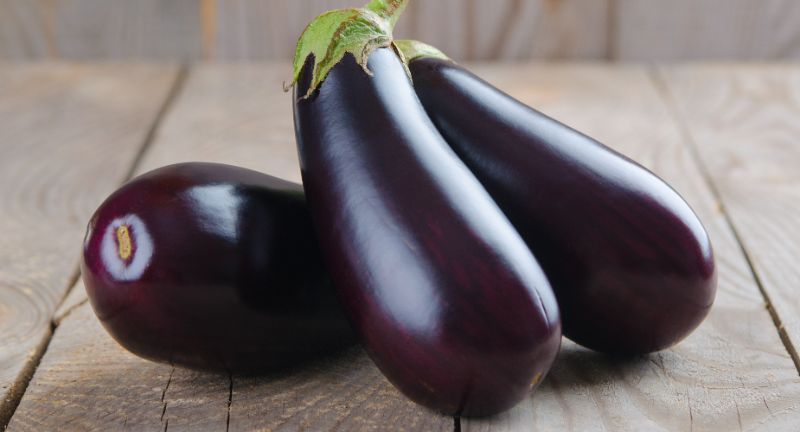
Shutterstock
Eggplant contains compounds that can cause various health issues for some people. This includes solanine, which can be an issue for those with arthritis, as it can trigger inflammation. It’s also a member of the nightshade family, which can also trigger inflammation or allergic reactions for those sensitive to this group of plants. Aside from this, eggplants are often prepared in ways that increase their fat and calorie content, such as frying, which can negate some of their potential health benefits.
Eat Carrots
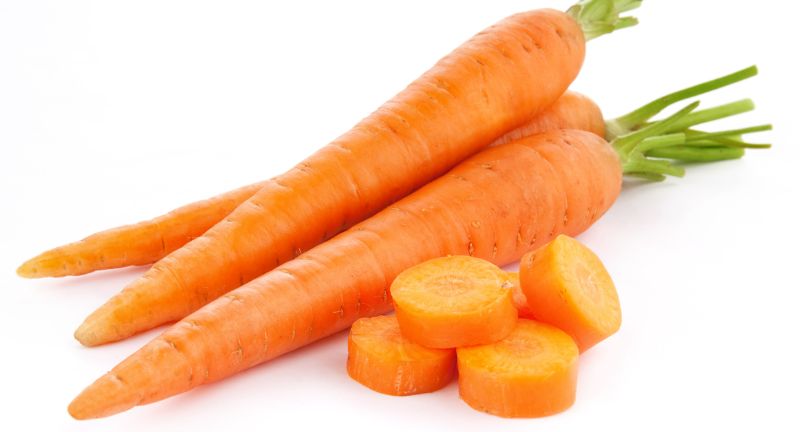
Shutterstock
Carrots are a great source of beta-carotene, which is converted by the body into vitamin A, essential for maintaining good vision, skin health, and supporting the immune system. Their high fiber content also promotes digestive health and aids in weight management. Easy ways to increase carrots in your diet include snacking, juicing, and adding them to soups, stews, salads, and baked goods for natural sweetness.
Skip Corn
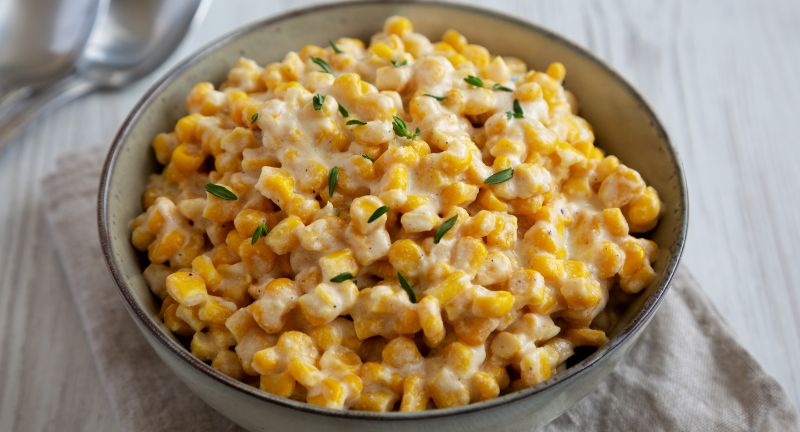
Shutterstock
Corn is often genetically modified and can be high in sugar, leading to similar blood sugar management issues. The high amount of starch in corn makes it potentially problematic for individuals with diabetes or those monitoring their blood sugar levels. It also contains phytic acid, an antinutrient that can bind minerals in the gut and reduce their absorption, potentially leading to deficiencies if consumed in large amounts as a staple part of the diet.
Eat Tomatoes
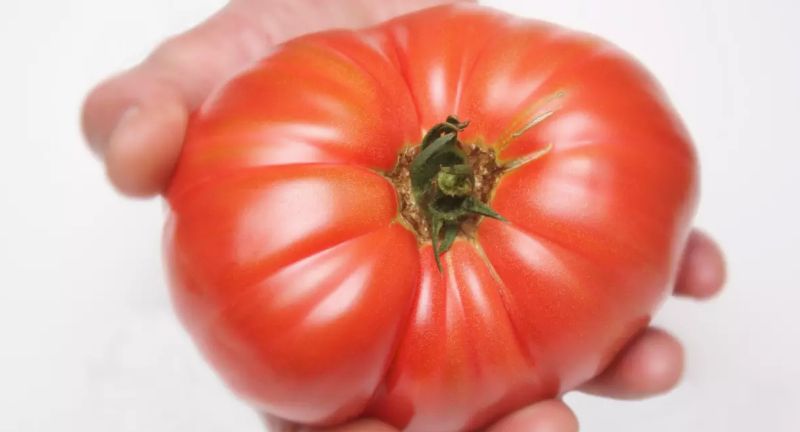
Getty
Tomatoes are rich in lycopene, an antioxidant linked to reduced risk of heart disease and certain cancers, particularly prostate cancer. They also provide vitamin C, potassium, folate, and vitamin K, which are important for heart health, bone health, and skin health. Tomatoes can easily be added in salads and sandwiches, cooked into sauces, soups, and stews, or roasted to concentrate their flavor.
Skip Iceberg Lettuce
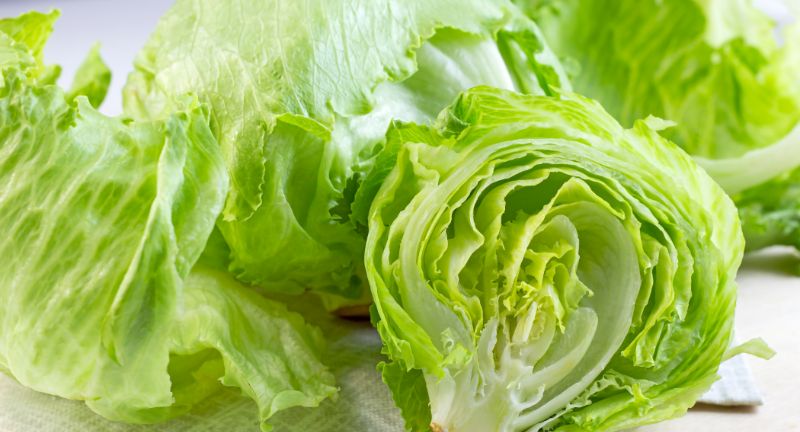
Shutterstock
While commonly seen as a great low-calorie choice due to its high water content, it’s important to be aware there is minimal amounts of fiber and nutrients per serving. Iceberg lettuce also contains fewer vitamins, minerals, and antioxidants compared to darker, leafy greens.
Eat Onions
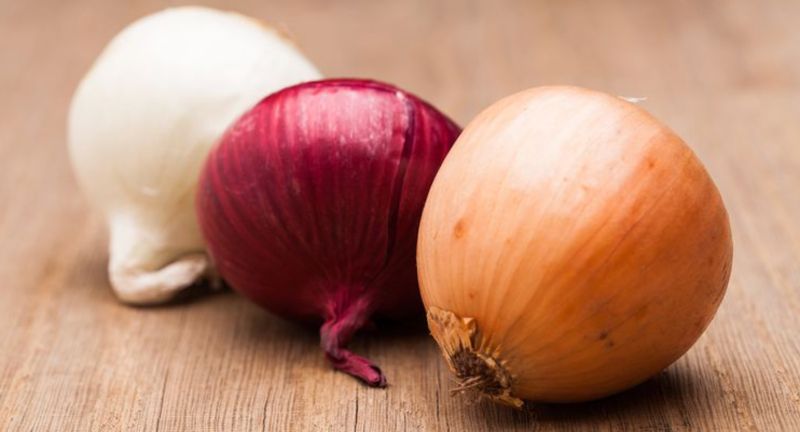
Getty
Onions are loaded with vitamins C and B6, manganese, and potent antioxidants, offering health benefits such as reducing the risk of heart disease, improving mood, and supporting bone health. They have anti-inflammatory properties and can help in the management of high blood pressure. Onions are also fundamental in culinary uses worldwide, serving as a base flavor for a myriad of dishes, including soups, stews, salads, and sautéed vegetable medleys.
Skip Brussels Sprouts
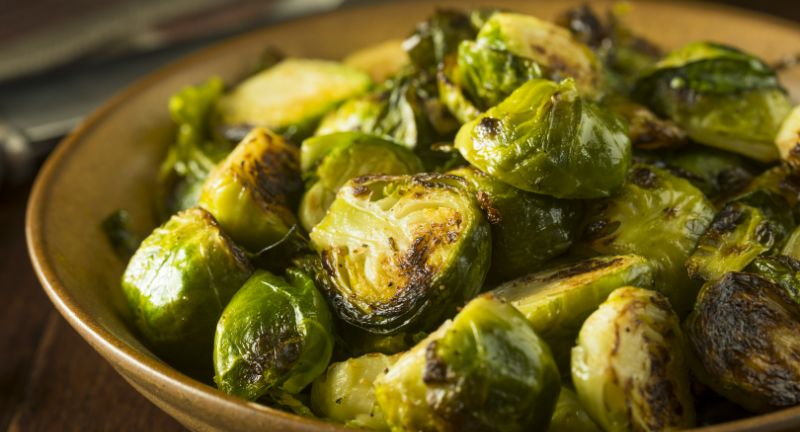
Shutterstock
Brussels sprouts are part of the cruciferous vegetable family, known for causing bloating and gas in some individuals due to their high fiber content and the presence of raffinose, a type of carbohydrate that’s hard to digest. They also contain vitamin K, which can interfere with blood-thinning medications, requiring patients on such medication to moderate their intake. Brussels sprouts can exacerbate symptoms for people with thyroid conditions due to their goitrogenic properties, which can interfere with thyroid hormone production.
Eat Zucchini
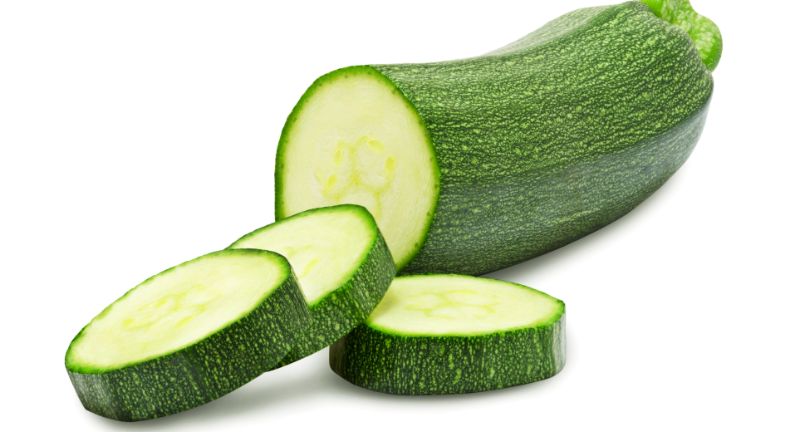
Shutterstock
Zucchini is low in calories yet high in essential nutrients, such as potassium, manganese, and antioxidants like vitamin C and beta-carotene. These nutrients help support heart health, reduce blood pressure, and offer anti-aging properties. Its high fiber content can aid in digestion and contribute to feeling full, which is beneficial for weight management. Zucchini also has a high water content, which makes it hydrating and can help improve skin health.
Skip Broccoli
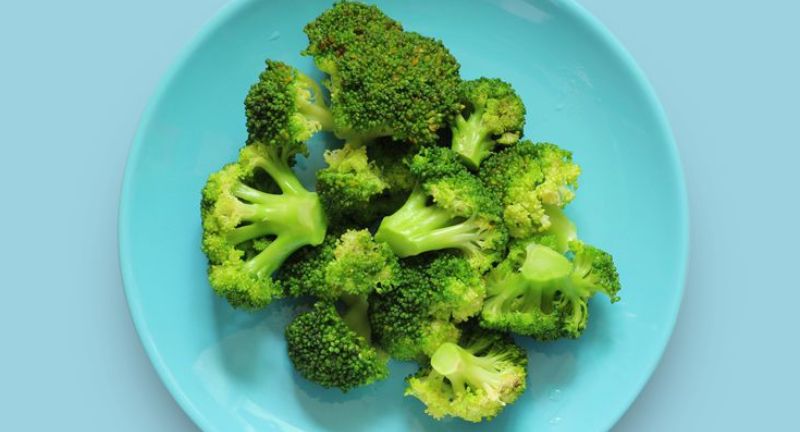
Getty
Broccoli, another cruciferous vegetable, is highly nutritious but can cause digestive discomfort in some people due to its high fiber content and the presence of complex sugars that can be difficult to break down. It also contains goitrogens, which can affect thyroid function by interfering with iodine uptake, particularly problematic for those with an already underactive thyroid. Individuals on anticoagulant medication should consider avoiding or eating broccoli in moderation as its high vitamin K content can affect blood clotting.
Eat Garlic
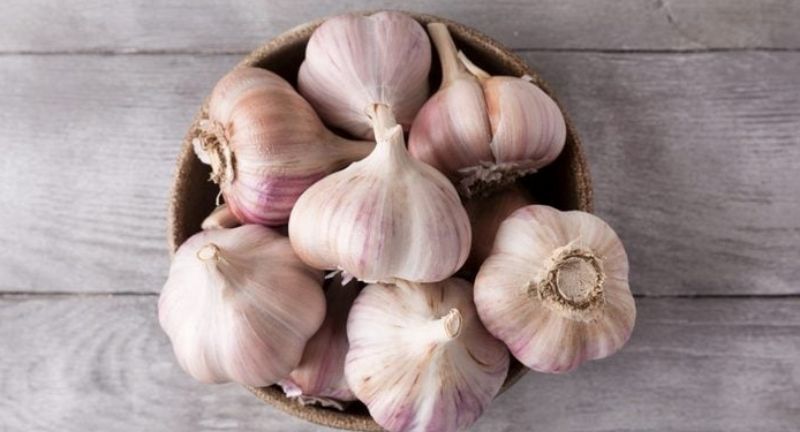
Getty
Renowned for its medicinal properties, including its ability to lower blood pressure and improve cholesterol levels. Garlic contains compounds with potent medicinal properties, such as allicin, which is known for its antibacterial and antiviral effects, helping to boost the immune system. The antioxidant properties in garlic can help combat oxidative stress, reducing the risk of chronic diseases such as Alzheimer’s and dementia. As a culinary staple, garlic can be used to flavor sauces, soups, stews, marinades, stir-fries, and almost any savory dish.
Skip Canned Vegetables
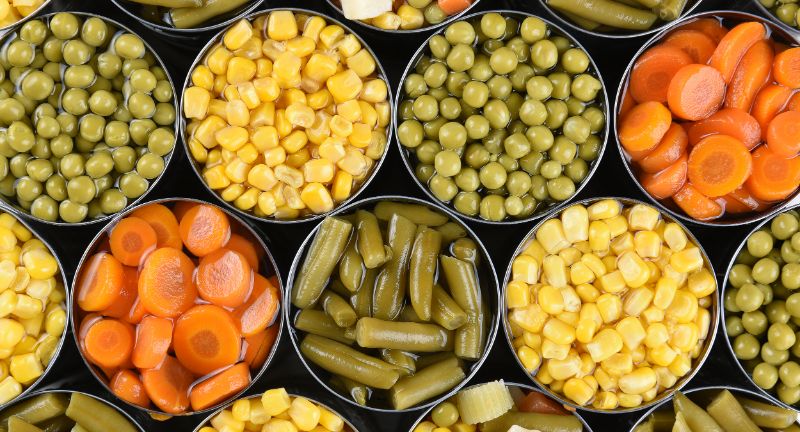
Shutterstock
Canned vegetables often contain preservatives and high levels of added sodium, which can contribute to high blood pressure and other cardiovascular problems when consumed in excess. The canning process can also lead to a loss of some water-soluble vitamins, such as vitamins B and C, reducing the nutritional value compared to fresh or frozen vegetables. Some cans are lined with bisphenol A (BPA), a chemical that has been associated with health issues like hormonal disruption and increased risk of cancer, though many manufacturers are now moving towards BPA-free linings.
Eat Asparagus

Shutterstock
Asparagus is one of the best nutrient-packed vegetables, rich in vitamins A, C, E, and K, folate, and fiber, making it excellent for improving digestive health. It also contains a unique compound called asparagine, an amino acid that serves as a natural diuretic, which can help reduce bloating and support kidney health. The antioxidants and anti-inflammatory properties of asparagus can help lower the risk of chronic diseases such as heart disease and type 2 diabetes.
Skip Bell Peppers
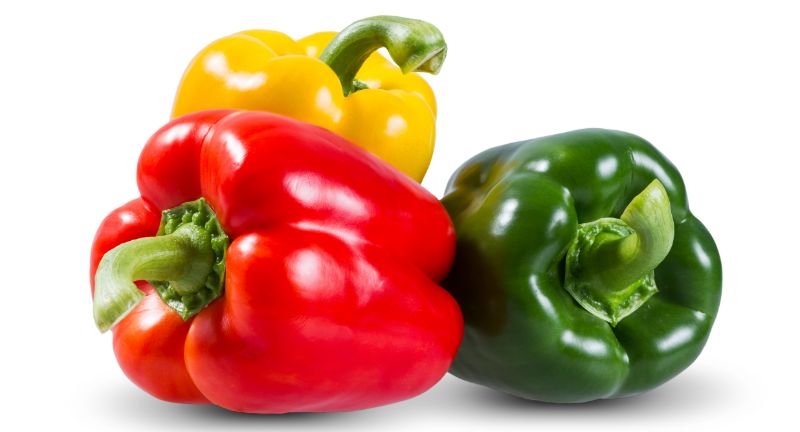
Shutterstock
Bell peppers are a nutrient-rich vegetable but can cause digestive distress for those with sensitive stomachs due to their skin, which can be hard to digest. They can also be problematic for individuals with nightshade sensitivities, potentially leading to inflammation or aggravating conditions like arthritis. Additionally, non-organic bell peppers can have high levels of pesticide residue, posing a risk of chemical exposure.
Eat Pumpkin
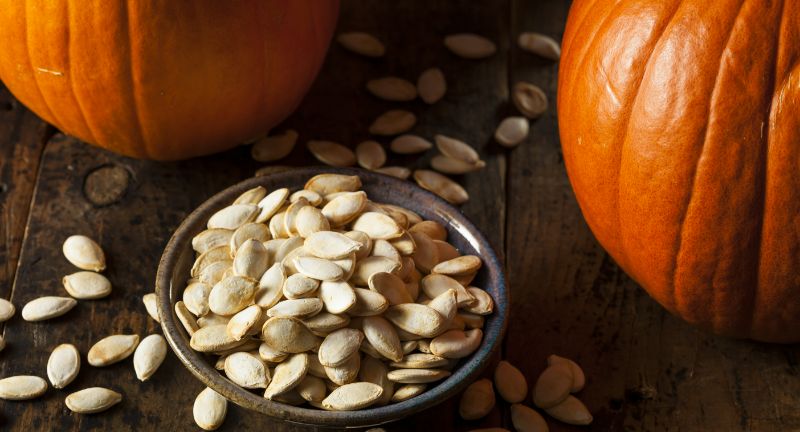
Shutterstock
Pumpkins are not just for carving during Halloween, their seeds are highly nutritious and provide an excellent source of magnesium, zinc, and healthy fats. Pumpkins are also loaded with vitamin A, providing more than 200% of the recommended daily intake in just one serving, which is great for eyesight and skin health.
Skip Celery
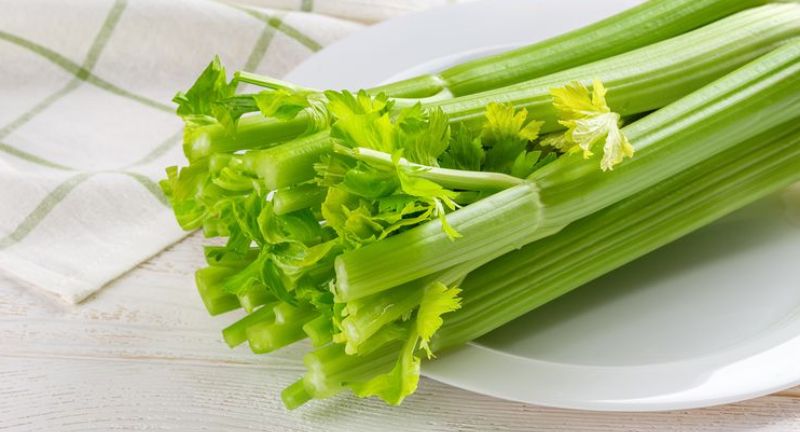
Getty
This high water volume vegetable is an often go-to for those seeking a low calorie snack. It is important to be aware though that celery is relatively low in essential nutrients compared to other vegetables, offering less nutritional bang for your buck. Also, celery is one of the vegetables most commonly contaminated with pesticide, potentially exposing consumers to harmful chemicals if not organically sourced.
Eat Cauliflower
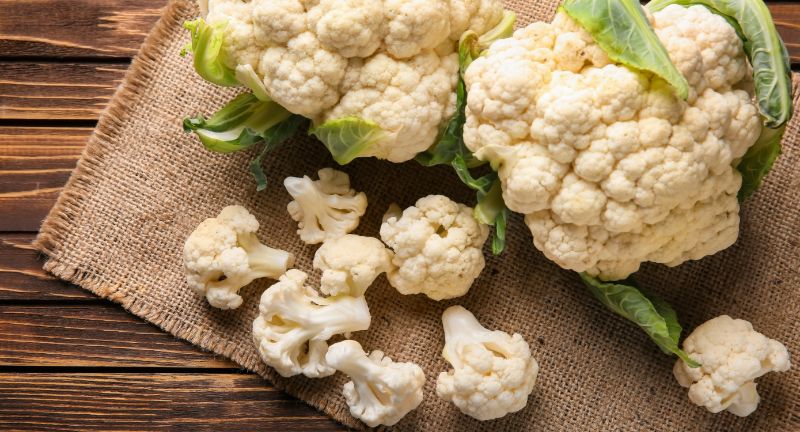
Shutterstock
Cauliflower is an underrated vegetable as it is both a highly nutritious vegetable and incredibly versatile in the kitchen. Offering a good source of vitamins C, K, and B6 while also high in fiber and antioxidants, which help reduce inflammation and protect against several chronic diseases. Cauliflower is a great low-calorie substitute for high-carb foods, such as rice, pizza crusts, and mashed potatoes.
Skip Beets

Shutterstock
Beets contain betaine, which can be problematic for people with certain health conditions. Beets are also high in oxalates, meaning Individuals with a tendency to form oxalate stones may need to limit their consumption of beets to avoid exacerbating their condition. Additionally, beets contain betaine, which can cause gastrointestinal discomfort in some people, including feelings of nausea, stomach cramps, and diarrhea.
Eat Radishes
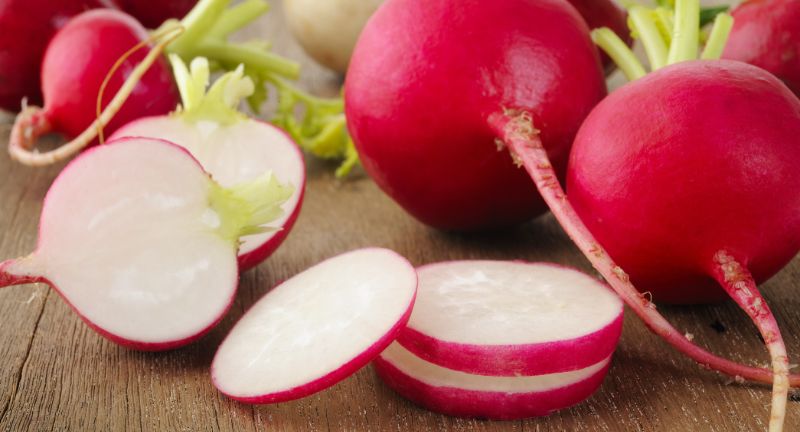
Shutterstock
Radishes are one of the more underrated vegetables, featuring a peppery taste and a crunchy texture that make them a great and flavorful addition to salads, tacos, and as a garnish for dishes. They are low in calories but high in vitamin C, aids in collagen production, and boosts immunity. They also contain small amounts of potassium, folate, and fiber, which contribute to heart health, reduce the risk of stroke, and support digestive health.
Skip Peas
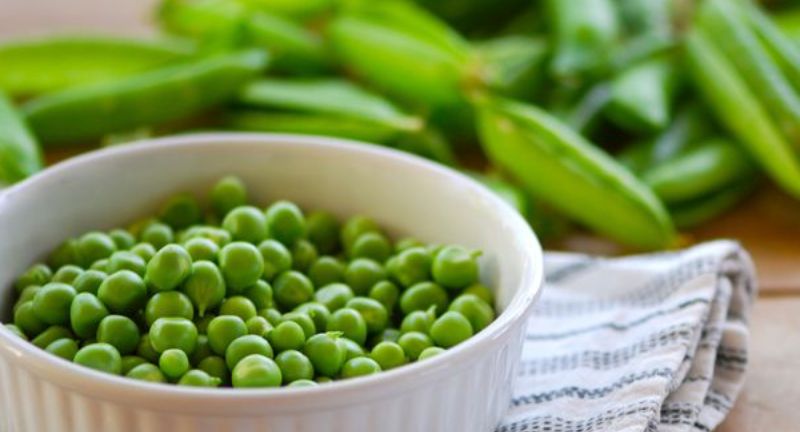
Getty
Although rich in fiber and protein, Peas are also high in starch and can raise blood sugar levels, making them less ideal for people managing diabetes or insulin resistance. Their carbohydrate content might prompt some individuals to limit their consumption, especially those following a low-carb or ketogenic diet. Also, as part of the legume family, some people might need to avoid peas due to digestive issues or specific dietary restrictions.
Eat Green Beans
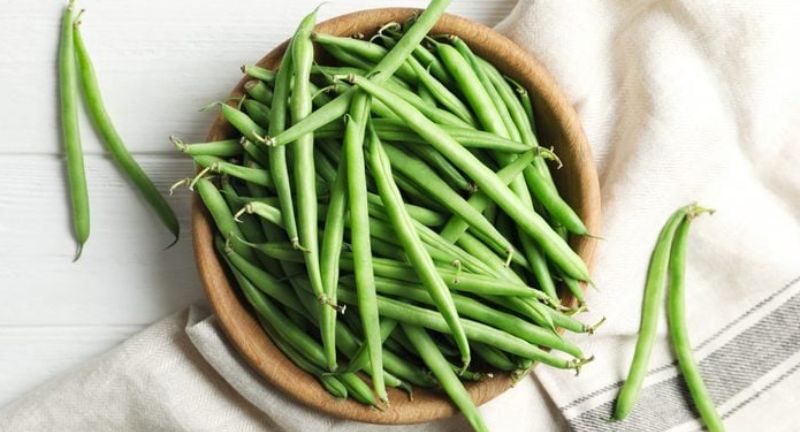
Getty
Green Beans are high in vitamins C, K, and A, which support immune function, bone health, and vision. They are also a good source of protein and fiber, contributing to good digestive health, and have a low calorie count, making them a great addition to a weight management diet. Common cooking methods include steaming, boiling, stir-frying, or roasting.
Skip Spinach
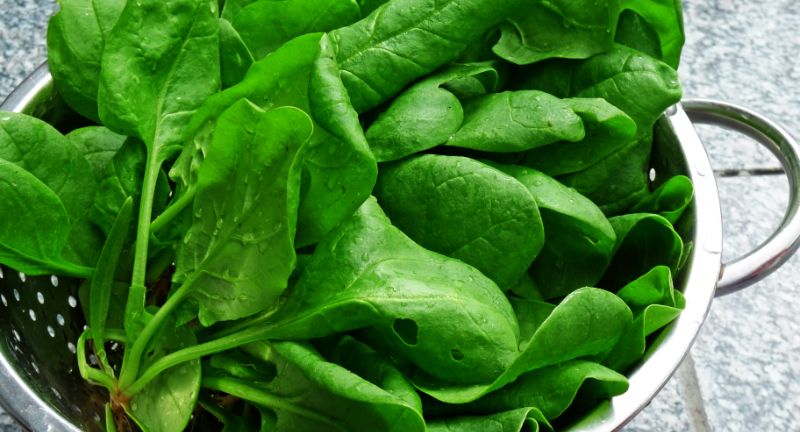
Shutterstock
While spinach is rich in iron and calcium, it also contains oxalates, which can inhibit the absorption of these minerals making it less beneficial for those with iron-deficiency anemia or calcium needs. Oxalates can also contribute to kidney stones in individuals prone to this condition. Those with a history of kidney stones can be recommended to limit their intake of oxalate-rich foods like spinach.
Eat Cabbage
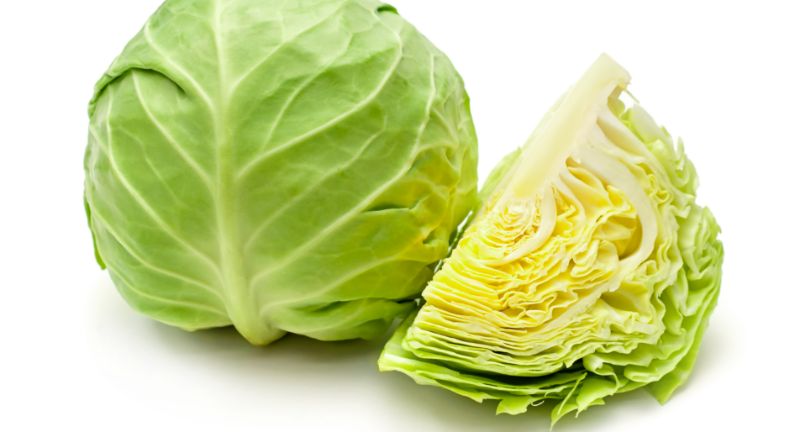
Shutterstock
Packed with vitamin K, which is essential for bone health and wound healing, and vitamin C, a powerful antioxidant that boosts the immune system and skin health. Cabbage also contains sulforaphane, a compound with potent anti-cancer properties, suggesting it may play a role in cancer prevention by protecting cells from damage and reducing inflammation. Cabbage can be eaten raw in salads and slaws, fermented to make sauerkraut or kimchi, offering probiotic benefits, or cooked in stews or soups.
Skip Kale
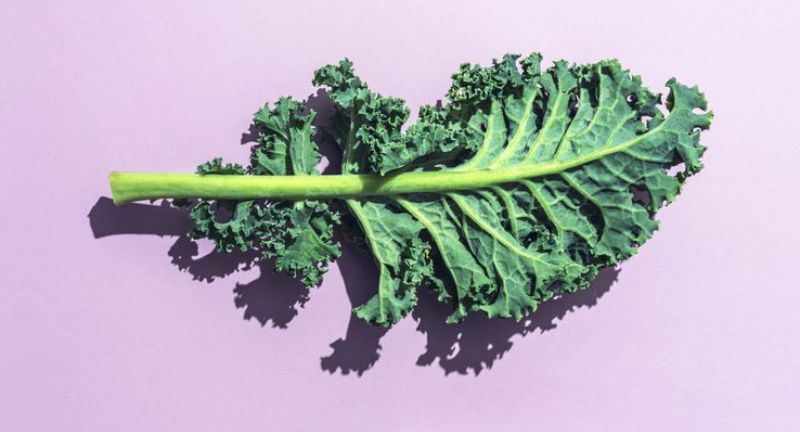
Getty
While celebrated for its dense nutritional profile, Kale is also high in oxalates, which can contribute to the formation of kidney stones in susceptible individuals. Like other cruciferous vegetables, kale contains goitrogens, which may impact thyroid health by interfering with iodine absorption when consumed in very high quantities. Kale can also be quite tough and fibrous, which might cause digestive discomfort for some people if not prepared or chewed thoroughly.
Eat Butternut Squash
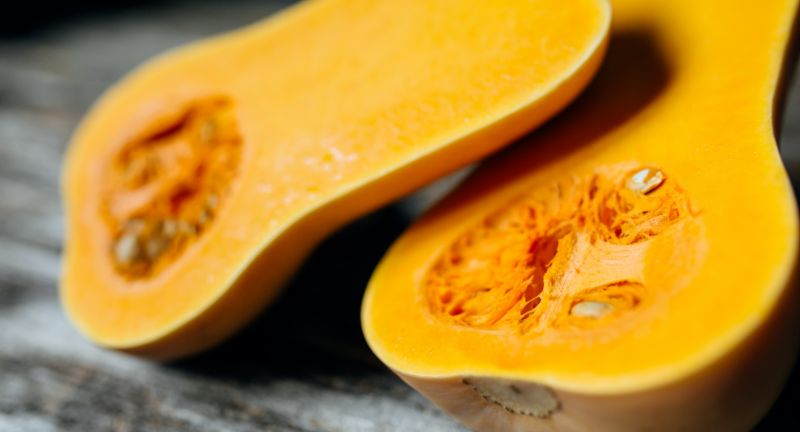
Shutterstock
Butternut squash is an excellent source of vitamins A and C, providing significant immune support, antioxidant benefits, and skin health promotion. It’s also rich in fiber, which helps to promote a healthy digestive tract, and potassium, which can help maintain healthy blood pressure levels. Butternut squash has a sweet, nutty taste that makes it versatile in both savory and sweet dishes, from soups and stews to pies and roasted vegetable medleys.
Skip Potatoes

Shutterstock
While potatoes are a good source of vitamins C and B6, potassium, and fiber, they have a high glycemic index, which can lead to spikes in blood sugar levels when eaten in large quantities or without other low-glycemic foods. People with diabetes or those trying to manage their blood sugar levels may need to limit their intake of potatoes or choose varieties that have a lower glycemic index. Additionally, the way potatoes are often prepared (fried or loaded with butter and cream) can add unhealthy fats and calories, diminishing their nutritional value.
Eat Sweet Potatoes
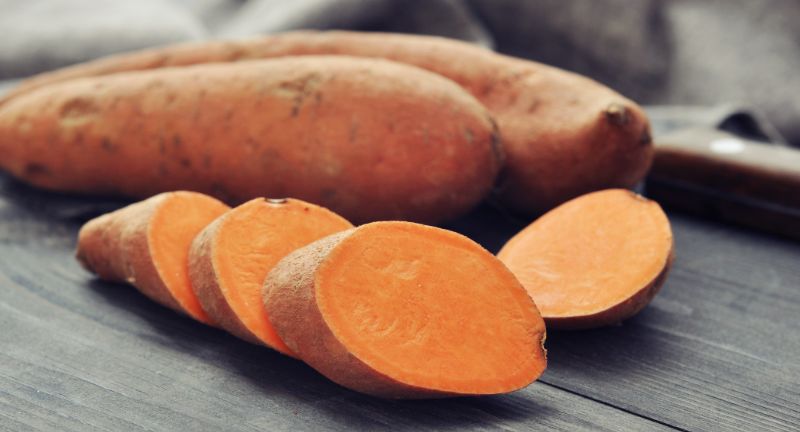
Shutterstock
Sweet potatoes are packed with vitamin A, with one medium-sized spud providing over 400% of the daily requirement. Vitamin A is crucial for eye health, immune function, and skin integrity. They’re also a good source of fiber, antioxidants, and minerals like manganese and potassium, supporting heart health and digestion. Sweet potatoes can be baked, mashed, roasted, or used in pies and casseroles, offering a versatile sweet and savory flavor profile for various dishes.
Conclusion

Shutterstock
While incorporating a variety of vegetables into our diets is crucial for maintaining health, it’s equally important to choose wisely based on individual health concerns and nutritional needs. By understanding the unique benefits and potential drawbacks of different vegetables, we can optimize our dietary patterns for better health outcomes. Ultimately, a well-informed approach to vegetable consumption can lead to a more balanced and healthful diet, enhancing our overall quality of life.
More From Health + Wellness
-
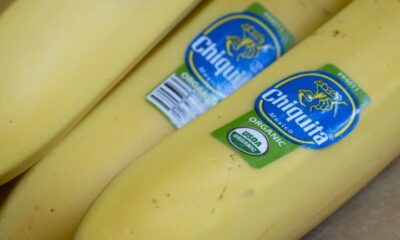

Foods That You Should Avoid Keeping In The Fridge
-
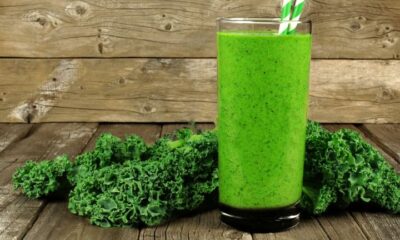

Drinks That Lower High Blood Pressure
-


Good Friend Wakes Up Early To Make Suhoor For His…
-


Fast Food Items You Need To Eat Before You Die
-


Skittles Collabs with French’s to Make Limited Edition Mustard Flavor
-


Aldi Customer Tweets Picture Of Comically Misshapen Marshmallow Bunnies &…
